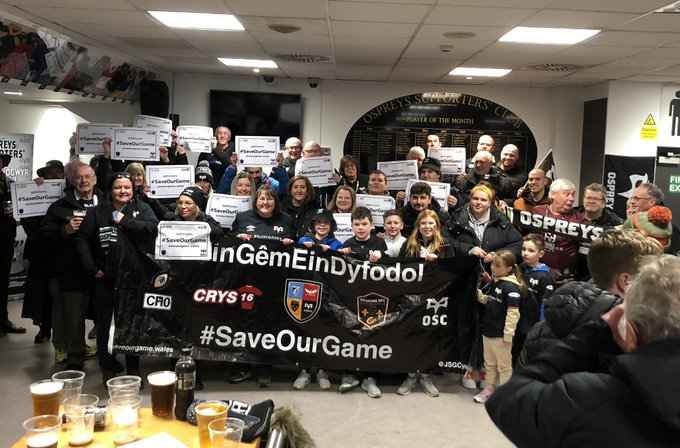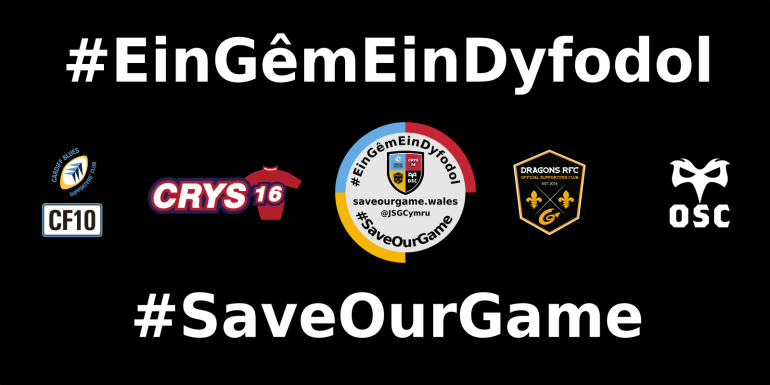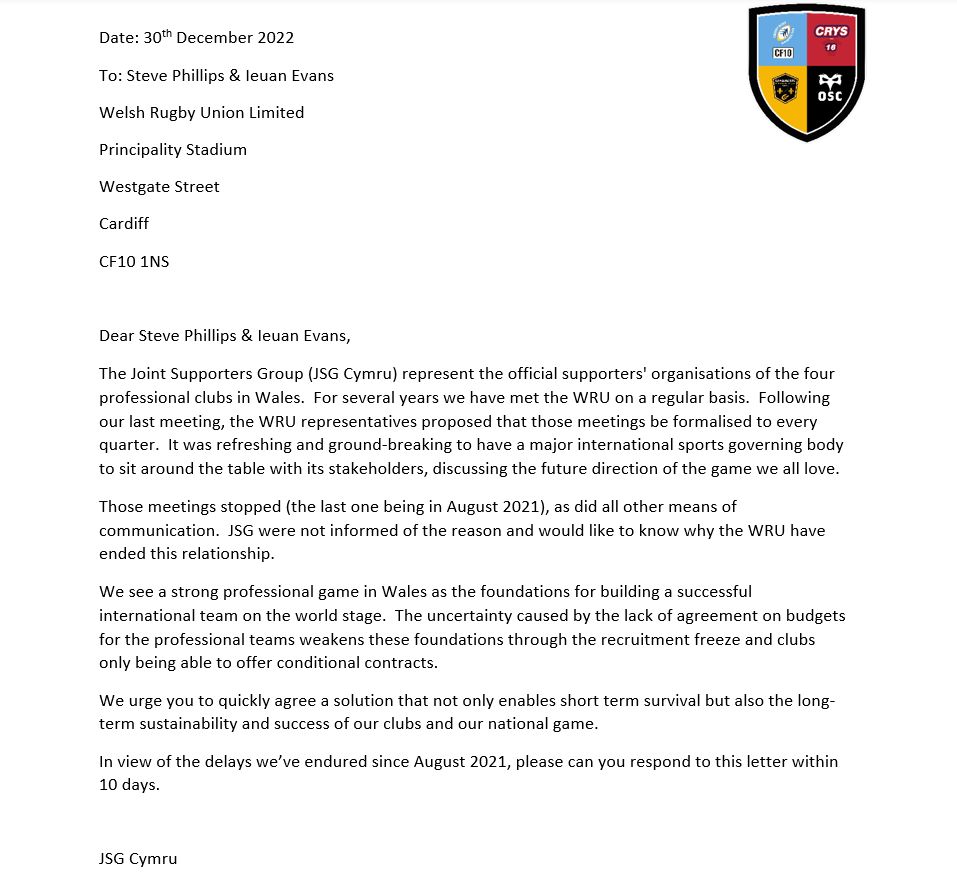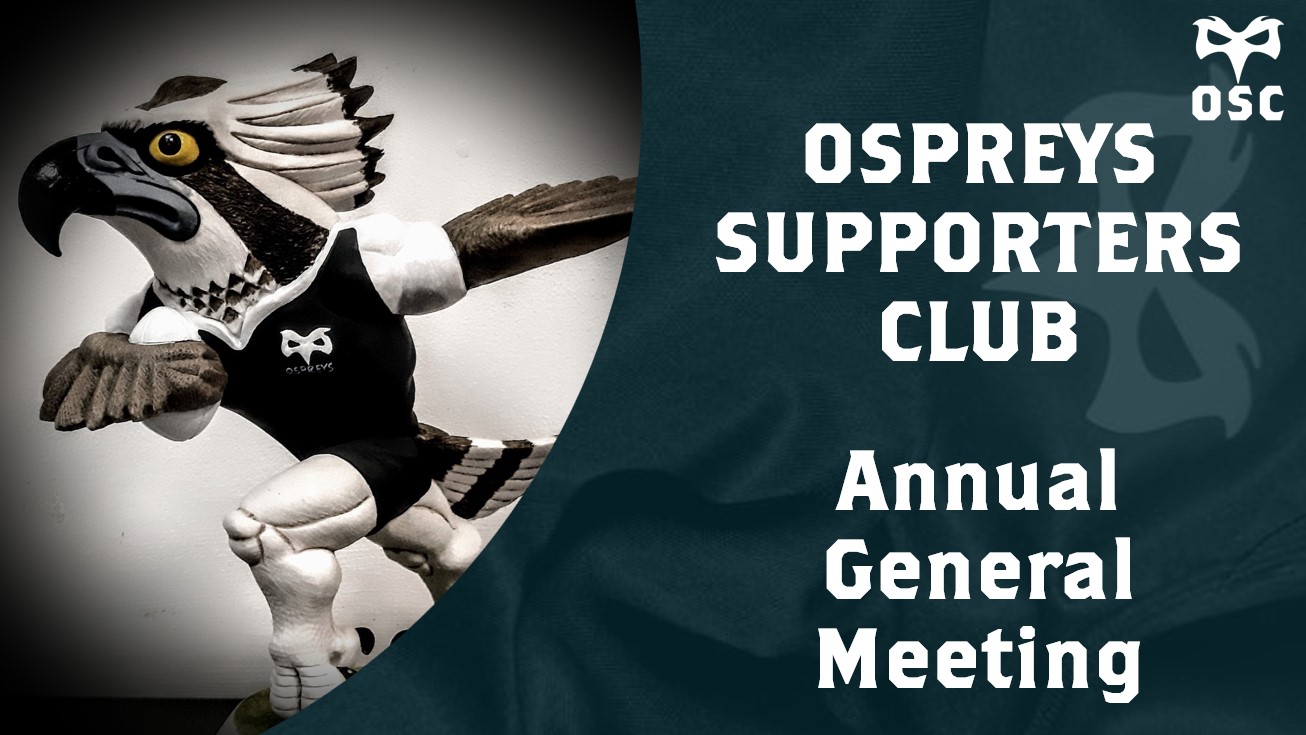
SECRETARY’S REPORT
Croeso cynnes iawn / a very warm welcome to the OSC Annual General Meeting. To begin with, it was great to return to watching live rugby last season and it is fair to say that the end of the season, did not disappoint for Ospreys supporters.
As always, my sincerest thanks go to my fellow officers and committee members. Without your continuous hard work and conscientious application of the fundamental principles which OSC is built, none of the successes that we have achieved, would be possible!
Again, diolch yn fawr am bopeth!
Speaking of those core principle, our activities have once again ranged from supporting related charities to arranging transport to home and away games and selling merchandise and travel tickets, in our new online shop. Match days have continued to be great success, with the Riverside going from strength to strength. Again, many thanks to you all for making pre and post match activities so successful!
As I am sure you are all aware, being a member of the OSC committee is a demanding position! It is incumbent on all members of the committee to endeavour to play an active role in committee activities and our members have not shied away from this principle, even though at times, it can be, quite simply hard work.
In conclusion, here’s to a great season ahead.
Keith Collins
CHAIR’S REPORT
Last season saw moderate success on the pitch with us winning the Welsh Shield and with it the right to play in the European Champions Cup again. Off the pitch, the OSC has continued to expand our services with the addition of a proper online shop as well as moving from matchday raffles to Toby’s Tombola – which has been very popular with supporters.
Working relationships with the Ospreys are strong, who regularly attend our committee meetings, as well as CEO Nick Garcia visiting the Riverside bar on matchday to directly address supporters concerns. We’ve also had support from the Ospreys in providing live music at some matchdays – this all goes to help supporters’ matchday experience & is very much appreciated.
Work continues with Joint Supporters Group Cymru despite a wall of silence from the WRU & we met with heads of the four Welsh pro teams in July.
I’d like to thank the committee members for their hard work throughout the season and in particular, say thanks to those who’ve have left the committee Ian and Ann Taylor and Dai Phillips (who’s Xmas cracker quality jokes will be sorely missed at committee meetings) – and not forgetting to thank Katherine Hewlett for coming on board during the season.
We have plans to further improve what we do on the committee to make us more effective in delivering our objectives:
- To be the best supporters club around
- To improve supporters’ match day experience
- To promote and support Ospreys Rugby
Thanks again the committee members, the Ospreys and most of all our membership – here’s to the new season.
Grant Berni
TREASURER’S REPORT
Year ending 30/06/22
We opened the 2021 /22 season with a carried forward balance of £2,360 and at the 30 th of June, we reported a closing balance of £2,214. Overall, the reported balance was down just £146 post running costs for the season.
Within that I would just like to take some time to highlight some figures of note:
We received £1,000 in sponsorship money from Sportsbreak. We would like to note our thanks to Sportsbreak for their continued support, enabling us to fund our Player of the Month and Player of the Season awards.
Raffle and Tombola money totalled £1,100 – thanks for this must go to the loyal supporter base and Riverside regulars for their ongoing support. It is with this support that we are able to continue our charitable donations and also, our ongoing efforts to create a positive match day experience for supporters.
The sale of AWJ’s kit brought in an outstanding £1,735.
In total last season, we were able to support donations to charities and good causes for an amount in excess of £5,000.
- Our chosen charity last season was Ospreys in the Community and we were delighted to present them with a cheque for £3,027.
- also worked with supporters in the Riverside to collect money in support of our own Ifan Phillips, raising in excess of £1500 to help Ifan with his rehabilitation.
- James Hook ‘s testimonial charities – Mind & Wales Air Ambulance shared £250. This came from previous seasons’ fund raising, but this was the first opportunity post COVID to make the presentation and donation.
- £100 was donated to the Brain Injury Unit at Morriston Hospital
- £150 was donated to the Duke of Edinburgh Award as a way of acknowledging the contribution to our fundraising efforts from AWJ’s kit sales. We also intend to donate £150 to the Golau cancer charity from the monies raised.
- All of the above has been raised through badge, raffle and tombola sales, plus the selling of AWJ’s donated kit and an auction of signed Ospreys shirts. A remarkable total and testament to the incredible generosity of our supporter base.
In terms of expenditure, we spent £775 on Groggs / our Player of the Month and Season awards. As previously noted, this outgoing is covered by the sponsorship received from Sportsbreak.
Badge sales covered the initial outlay of £426, with any profit then being added to our fundraising for OitC.
We lost £178 on buses ran last season – this was for away games to Hartpury and the Dragons, as well as the Neath bus to home games. This loss was absorbed by the OSC within our running costs for the season.
£100 was spent on live music entertainment, to help build the supporter match day experience in the Riverside. We would like to note our thanks to the Ospreys for their contribution to this on other select match days.
That concludes the report in terms of the figures, but I just wanted to reference some other developments that have a financial link. In order to provide supporter’s with more convenient methods of payment, we have continued to develop our online shop and made our away day travel available to purchase online. We have also invested in SUMUP payment technology, so we are able to accept card payments on match day in the Riverside. All of this requires input and time investment from other members of the committee, which is greatly appreciated by myself and the committee as a whole.
Louse Collins
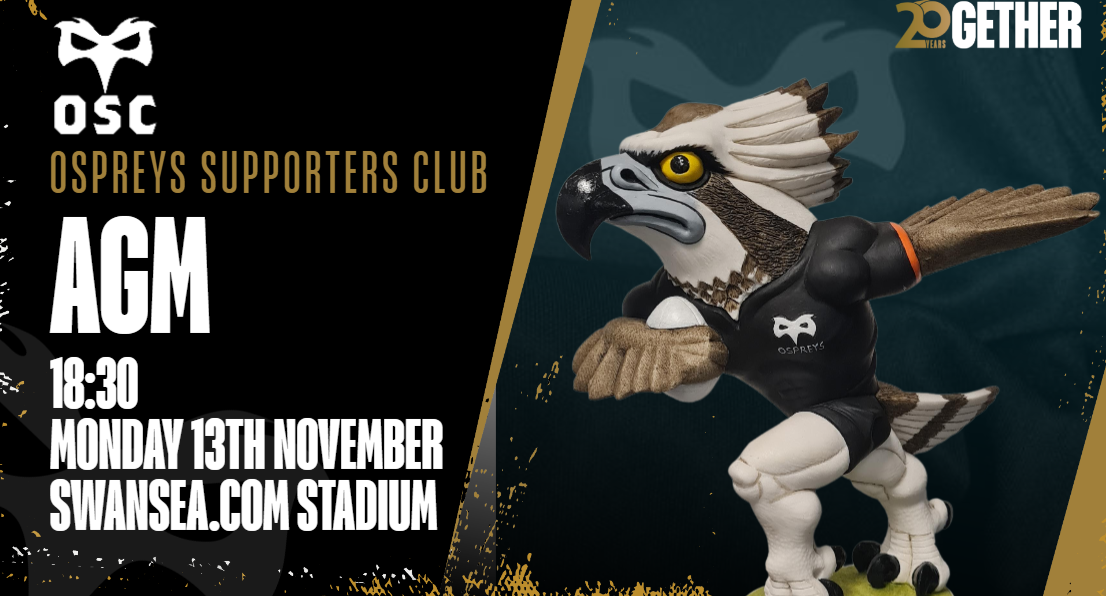

 Follow
Follow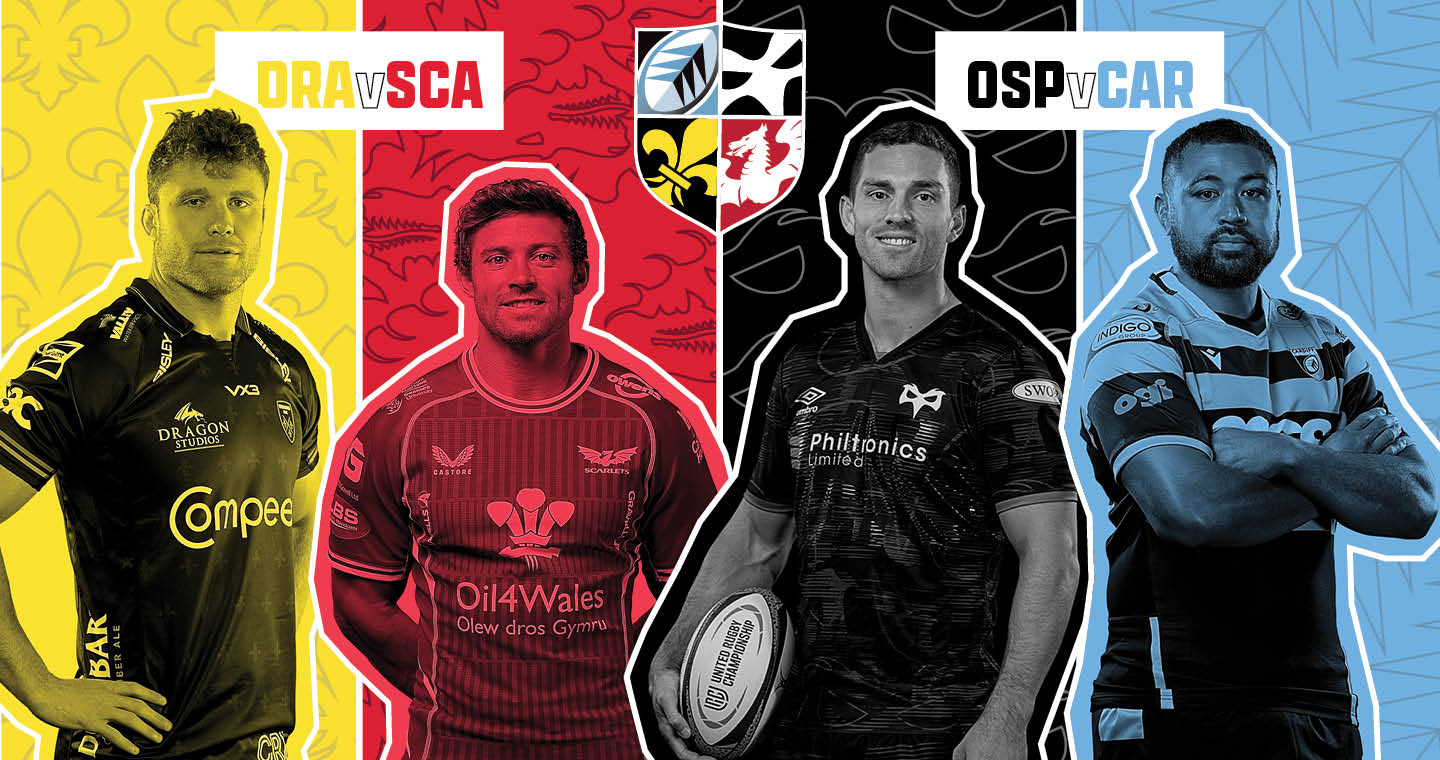
 Cardiff Rugby
Cardiff Rugby Principality Stadium
Principality Stadium 22 April 2023
22 April 2023 K.O. 17:15
K.O. 17:15